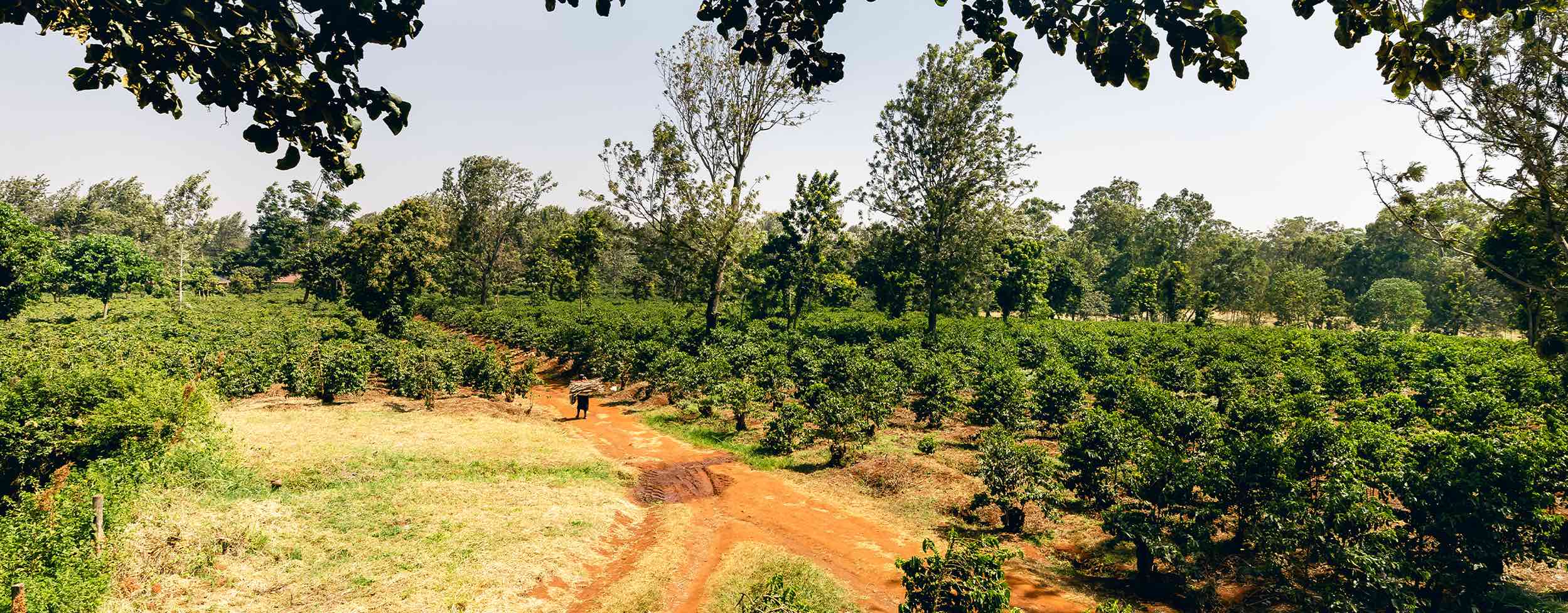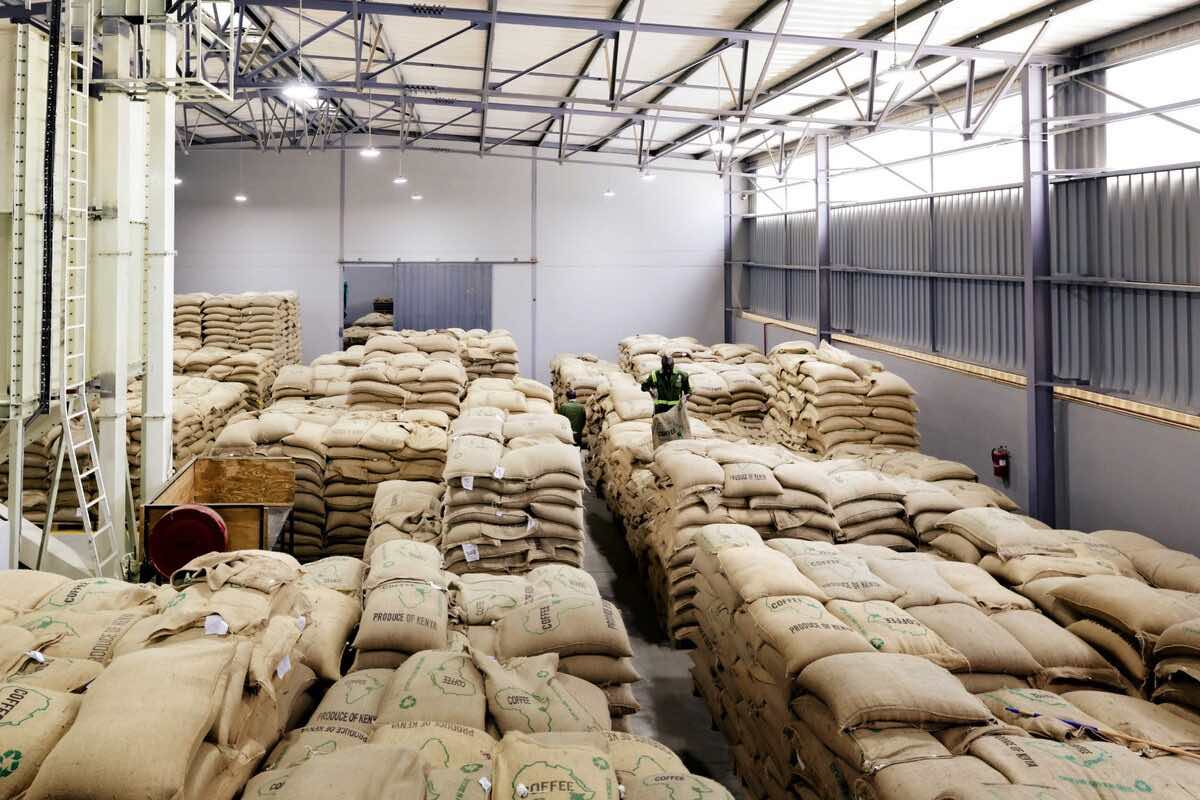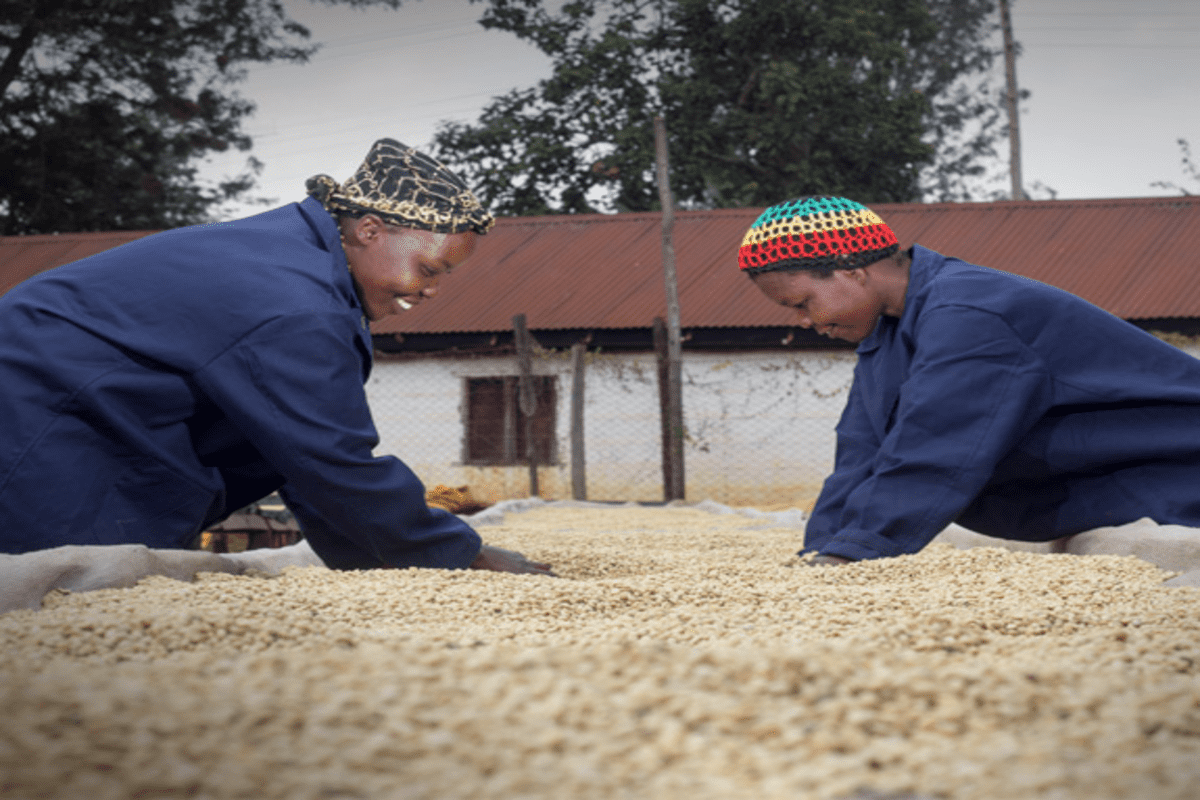
Bridging the Generational Gap in Coffee Farming
Introduction
The generational gap among coffee producers, with less than 5% of farmers across the world under the age of 35, poses a significant threat to the future of the coffee sector. Addressing this gap is crucial for the sustainability of coffee farming, and finding ways to retain young people in the industry is essential.
One key strategy is to create opportunities for young farmers to diversify their roles within the coffee value chain. Encouraging them to explore various aspects of coffee production, such as processing, roasting, and marketing, can be a powerful incentive for them to remain in the sector. Here are a few reasons why addressing this generation gap and providing opportunities for young farmers is important:
- Sustainability of the Coffee Sector:
– The aging demographic of coffee farmers raises concerns about the long-term sustainability of coffee production. Introducing younger farmers helps ensure continuity and resilience in the industry.
- Innovation and Adaptability:
– Younger farmers are often more open to adopting innovative practices and technologies. Their fresh perspective can lead to the adoption of sustainable and efficient farming methods, contributing to the overall improvement of the coffee sector.
- Economic Opportunities:
– Diversifying roles within the value chain opens up new economic opportunities for young farmers. By engaging in processing, roasting, and marketing, they can add value to the final product and potentially increase their income.
- Market Access and Branding:
– Young farmers involved in various stages of coffee production can contribute to the creation of unique and branded products. This can enhance market access and allow for differentiation in a competitive global market.
- Community Development:
– Encouraging young people to stay in coffee farming helps maintain the social fabric of coffee-producing communities. It can contribute to the overall development of these communities by providing employment opportunities and preserving traditional knowledge.
- Global Demand for Specialty Coffee:
– The growing global demand for specialty coffee presents an opportunity for young farmers to enter niche markets. By focusing on quality and unique processing methods, they can cater to the preferences of discerning consumers.
- Environmental Stewardship:
– Younger farmers may be more attuned to environmental sustainability. Encouraging them to explore eco-friendly farming practices can contribute to the sector’s overall environmental stewardship.
In conclusion, addressing the generational gap in coffee farming and providing opportunities for young farmers to diversify their roles can lead to a more sustainable, innovative, and economically viable coffee sector.
It requires collaboration among stakeholders, including governments, NGOs, and the private sector, to create supportive policies, training programs, and market linkages for the younger generation in the coffee industry.





